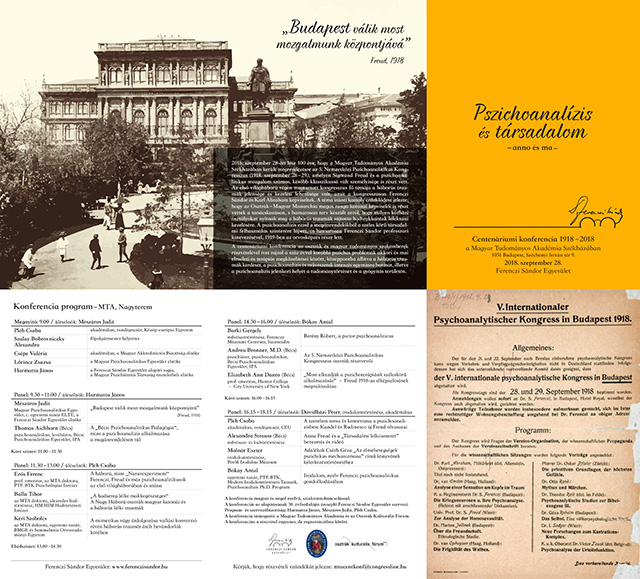
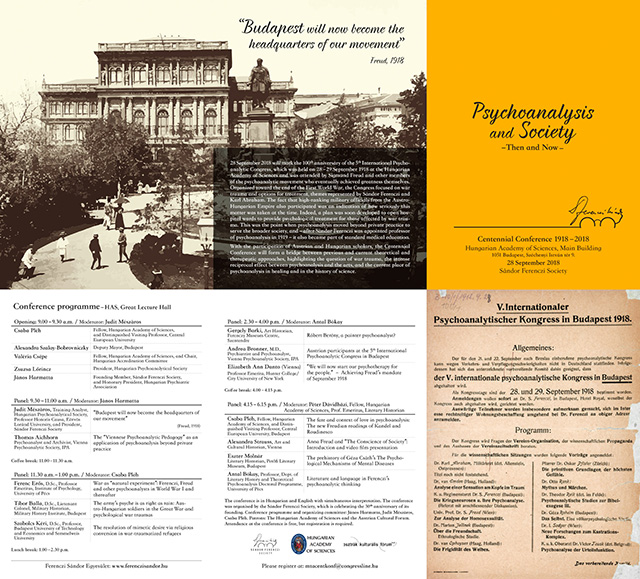
Dear Visitor! Our English website is under construction.

The Sandor Ferenczi Society was founded in Budapest on September 12, 1988. Our non-profit organization’s mission is to follow the psychoanalytic traditions developed by Sandor Ferenczi, a colleague and close friend of Sigmund Freud. Ferenczi was not only the founder of Hungarian psychoanalysis, but he also established the principals of future psychodynamic psychotherapy approaches to come.
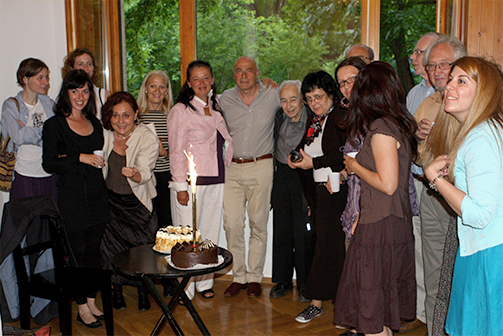
In 2011, the Ferenczi Sándor Ferenczi Society and the International Ferenczi Foundation bought the apartment in Ferenczi's former villa in Naphegy, which includes the office where Ferenczi received his patients.
This was the result of an international fundraising effort with almost 300 donors, both insitutions and private individuals (see the List of Donors). The author and co-author of the Ferenczi House fundraising project were Judit Mészáros, Budapest, and Carlo Bonomi, Florence. The former Ferenczi office now represents the Ferenczi House/International Ferenczi Center, which serves as a venue for seminars and lectures, with Archives that also offer rich research opportunities.
More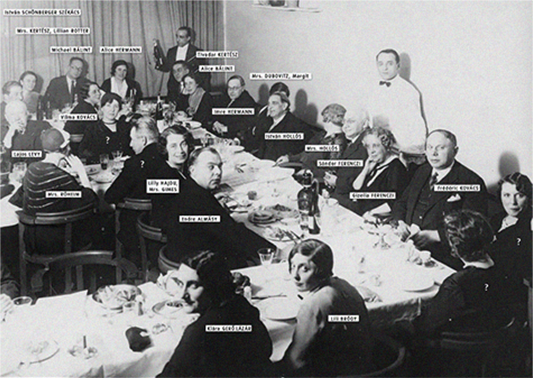
The 50th birthday of Ferenczi with the Budapest school in 1923
This site is under construction.
MoreInformations and useful materials about the more significant initiatives of the association
"Thalassa is the journal of Sándor Ferenczi Society, Budapest. Thalassa is the title of Sándor Ferenczi's classical work. Thalassa symbolically refers to the sea, the womb, the origin, the source. Thalassa is an interdisciplinary journal devoted to free investigations in psychoanalysis, culture and society. Thalassa has its roots in historical traditions of Hungarian psychoanalysis, but is not committed to any particular school or authority. Thalassa welcomes all original contributions, historical, theoretical, or critical, dealing with the common problems of psychoanalysis and humanities." from the imprint of Journal Thalassa.
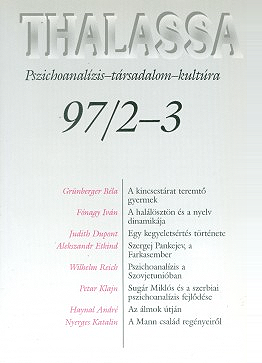
"The ISFN has developed over the past 25 years, among groups who have found Ferenczi's work to be an inspiring and mind-shaping resource.
It was founded in 2015 with the participation of international associations, institutions and groups. The ISFN is open not only to clinicians but also to other disciplines, including sociologists, historians, philosophers, who wish to engage in dialogue on the latest issues in dynamic psychotherapies and socially embedded psychoanalysis."